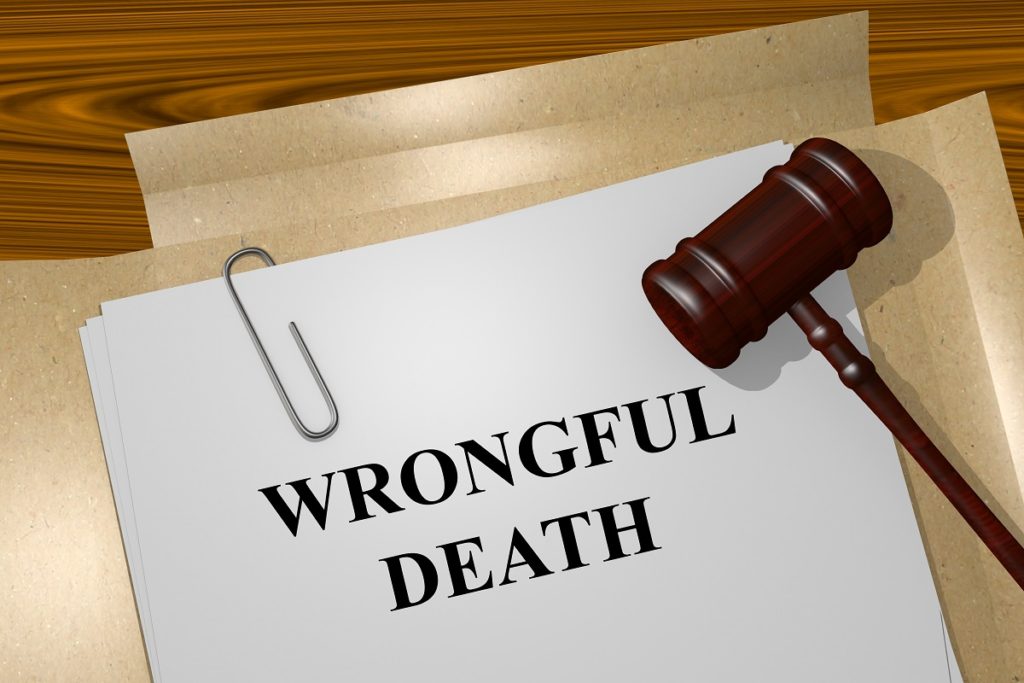Generally speaking, a deceased’s estate is handled by their surviving spouse, but what if the deceased was unmarried, but living with a domestic partner?
If the decedent’s demise was due to someone’s negligence, their surviving domestic partner may file awrongful death claim to court, but that depends on the state they reside in. Many states are only permitting surviving spouses, children, and other blood relatives to file claims and inherit the deceased’s properties, but in certain circumstances, their surviving live-in partner may be allowed to do so as well.
Hence, before initiating claims for your partner’s wrongful death, you should be assisted by an experienced wrongful death attorney from your city first. Having their expert assistance will get you guided through the ups and downs of the case, and will ensure that you’re being given all the rights you’re entitled to.
Find out what a wrongful death is and what are the rights of a domestic partner as a plaintiff.
What Qualifies as Wrongful Death?
Claims from a wrongful death can be filed against an accused who caused someone’s death due to their negligence or intentional act. This allows the deceased’s estate or their surviving family members or relatives to file a lawsuit against the accused, and demand compensation from them.
A death is considered wrongful if the incident would’ve only resulted in a valid personal injury claim, if not for the accused’s wrongful action. The following are a few examples of cases qualified as wrongful death:
- A victim that’s intentionally killed (a.k.a. murder)
- Medical malpractice (e.g. misdiagnosis, errors during surgery)
- Car accidents involving negligence
In the case of a work-related personal injury that resulted in wrongful death, the damages may be paid to the claimants through the deceased worker’s compensation system.
Who Can Sue?
In some states including California, the deceased’s domestic partner is allowed to initiate a wrongful death claim, since the requirement may only state that anyone financially dependent to the deceased can file claims.
In all states, meanwhile, surviving spouses, parents (if the decedent is a minor), and children (if they are minors) of the deceased can initiate wrongful death claims.
Rights of a Domestic Partner as a Plaintiff
Once the claims for wrongful death has been initiated, the deceased’s domestic partner, who is the plaintiff, may be entitled to compensation for the following damages:
- Survival claim, or the deceased’s “pain and suffering” prior to their demise
- Medical bills for the deceased’s injuries before their death
- Funeral and burial costs
- Loss of the deceased’s income
- Loss of inheritance
- Values of the services that could’ve been provided by the deceased
- Loss of care and nurturing that could’ve been provided by the deceased
- Loss of love and companionship
- Loss of consortium

As for the deceased’s estate, discretion may be given by some states to the deceased’s surviving loved ones, which includes a domestic partner. If he or she is unable to decide how the estate will be distributed, the court will make a distribution plan based on the surviving parties’ economic needs.
Proving Wrongful Death
To ensure that the plaintiff will receive the necessary compensation for the damages incurred, they must prove the following:
- Duty of Care – The accused must be proven to have a duty of care to the deceased. For example, if the death resulted from a car accident, the plaintiff must prove that the accused had an obligation to follow the Rules of the Road and thus avoid the fatal accident.
- Breach of Duty of Care – Using the same example, the plaintiff must prove that the accused practiced negligence while driving.
- Causation – The plaintiff must prove that the death was directly caused by the accused actions.
Proving wrongful death can be more complicated than you might think, so a skilled lawyer is essential. Legal assistance will also ensure that domestic partners will be treated by the court as the deceased’s family.



